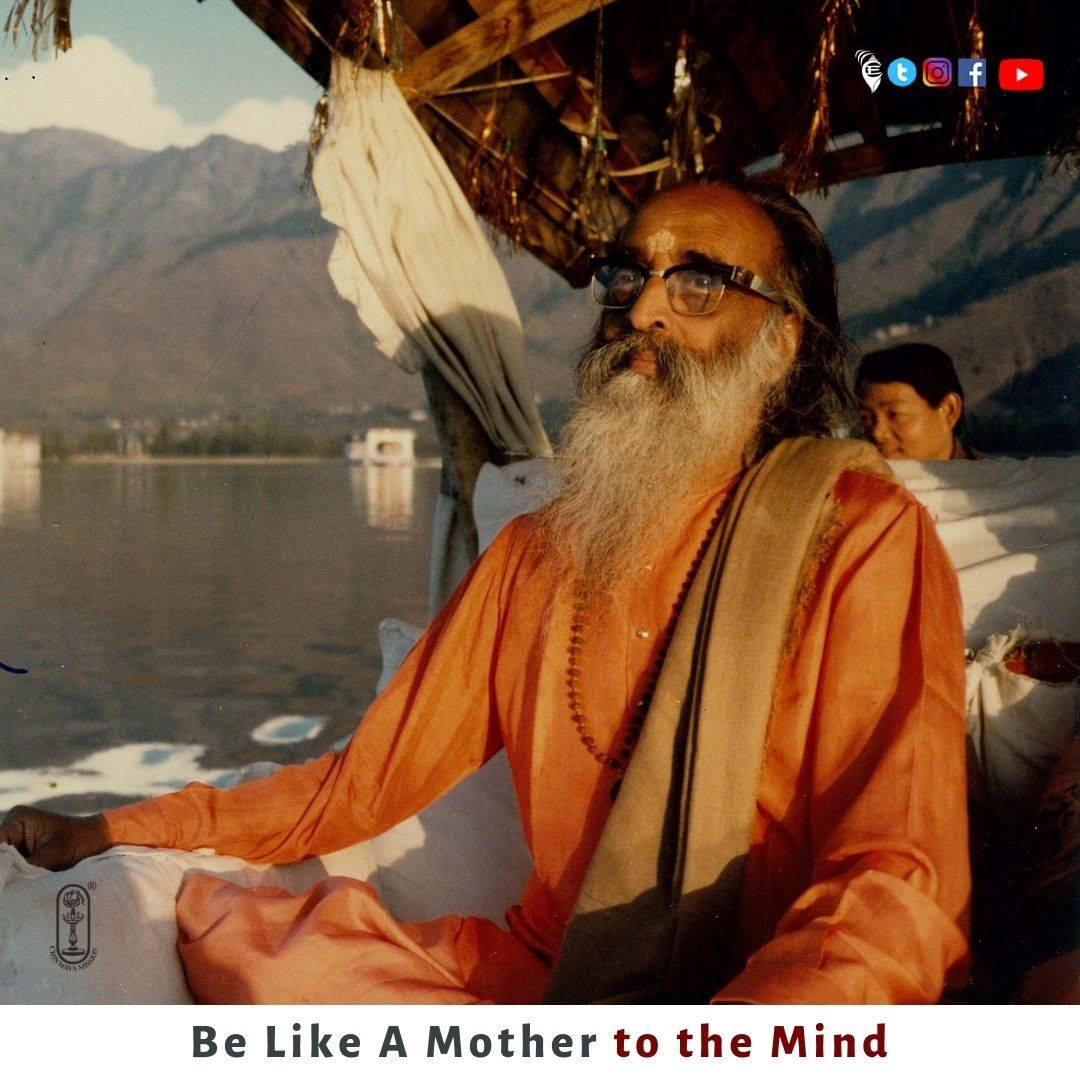The Relevance of the Bhagavadgita to Humanity : 8.2. Swami Krishnananda.
------------------------
Saturday, November 14, 2020. 08:06. AM.
Chapter 8: The Realism and Idealism of the Bhagavadgita-2.
The First Six Chapters of the Bhagavadgita
(Spoken on Bhagavadgita Jayanti)
------------------------
How does the Bhagavadgita begin? It begins with a most prosaic atmosphere of a political situation, which is the grossest involvement of the human being in public affairs. It is the least that one can do; some people say it is the worst that one can do, and yet it is a reality in its own way. A thing may be the worst, but does it exist? As long as it exists, it enjoys a degree of reality. The worst thing does not become unreal merely because it is worst from some point of view, yet it is the ground on which the edifice of the great gospel is built. The Mahabharata battle is the scene of the commencement of this gospel. We will see a little later why that gory occasion should have been found the most suitable atmosphere for giving this mighty gospel. We shall bestow a little thought on it after some time. Why could not Sri Krishna have called Arjuna by his side many days before, prior to the commencement of the war, and seated him in a holy temple, and given this message to him? Why should he wait for this terrible occasion? That is a question which requires some attention.
--------------------
However, the point at present is that the Bhagavadgita has a logical approach to facts, which makes it idealistic and realistic. What is meant by idealism? It is the recognition of a higher value than the presently visible one. When we are holding on to an ideal which is yet ahead of us, we are said to be an idealist, but when we do not ignore the level which is just under our foot, we are going to take into consideration even that on which we are seated, we are a realist. So the Bhagavadgita considers very, very forcefully, of course, that there are things ahead of us. The world is not a complete picture of reality. It is one side of the picture of truth, which has many sides, many facets. Because there are realities ahead of us, and the evaluation of them, understanding of them and accepting them is necessary, all philosophy may be said to be idealistic, finally. But no philosophy can be only idealistic if it has to survive in this world, because it has to accept the reality of visible phenomena also. Why should we accept the reality of visible phenomena when we are going to transcend it one day? Why should I not only cling to the ideal which is ahead of me, which I consider as the final reality? This may be an over-enthusiastic, idealistic approach of immature minds. Because of the fact that there is a reality masquerading even through the lowest of values, it becomes important that it has also to be respected. To consider a phenomenon as existing is to consider it as real to that extent, and to say that we will not accord recognition to it would be to miss the point entirely.
-------------------------
Many a time it may appear to us that the Bhagavadgita takes into consideration the context of the political atmosphere of the Mahabharata war. It did not deny that context; it was considered as existing. And some of the replies of Sri Krishna to Arjuna had a political significance. When he refers to the qualities of a warrior, a soldier, and the duties of a person on the battlefield, he emphasises not merely the social aspect but even the politically valid administrative aspect which, from a cursory vision of things, may appear far removed from spirituality, religion, etc.
------------------------
If there is any complete gospel of what we may call true religion, we have it here before us in the Bhagavadgita. Most religious forms prevalent in the world today are facing a difficulty of their own even in the matter of their survival, due to their ignorance of certain values which are realistically attached to the factors that condition even their existence. A religion cannot survive unless it is real. An unreal religion is unthinkable, and a religion which ignores certain aspects of reality also ignores certain conditions which are necessary for its own existence. It will defeat its own purpose.
------------------------
To be continued ...
==============================================================





Comments
Post a Comment